Judge: Trump signed legal documents he knew contained false voter fraud numbers

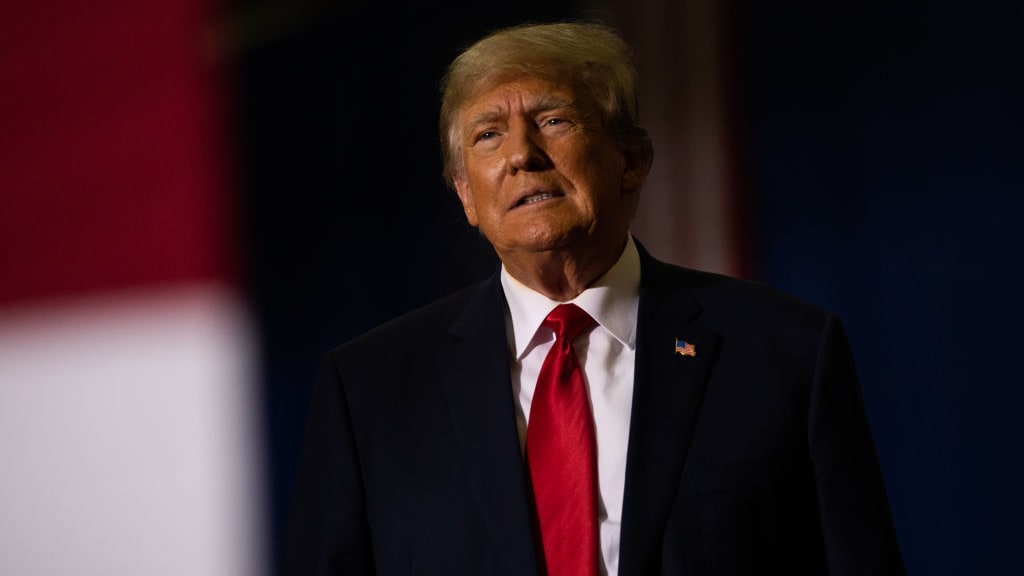
A free daily email with the biggest news stories of the day – and the best features from TheWeek.com
You are now subscribed
Your newsletter sign-up was successful
A federal judge on Wednesday wrote in an opinion that former President Donald Trump signed legal documents alleging voter fraud in Georgia even though he knew the claims were false.
U.S. District Judge David O. Carter wrote the opinion as part of a lawsuit filed by John Eastman, the lawyer who crafted Trump's last-ditch effort to challenge the 2020 election results. Eastman sued the House select committee investigating the Jan. 6 Capitol attack, after it requested his emails regarding the election plot. He has refused, citing attorney-client privilege.
Carter wrote in his opinion that there are at least 33 emails Eastman sent between Nov. 3, 2020 and Jan. 20, 2021 that are related to the committee's investigation and must be turned over because they "show that President Trump knew that the specific numbers of voter fraud were wrong but continued to tout those numbers, both in court and to the public. The Court finds that these emails are sufficiently related to and in furtherance of a conspiracy to defraud the United States."
The Week
Escape your echo chamber. Get the facts behind the news, plus analysis from multiple perspectives.

Sign up for The Week's Free Newsletters
From our morning news briefing to a weekly Good News Newsletter, get the best of The Week delivered directly to your inbox.
From our morning news briefing to a weekly Good News Newsletter, get the best of The Week delivered directly to your inbox.
In one email, Eastman wrote that on Dec. 1, 2020, Trump signed papers for a lawsuit in Georgia but has "since been made aware that some of the allegations" in the documents were "inaccurate." He added that if Trump signed new paperwork for the lawsuit "with that knowledge (and incorporation by reference) it would not be accurate." Trump and his attorneys did file the complaint, Carter wrote in his opinion, and Trump also signed a legal document while under oath stating that the numbers "are true and correct" to the best of his knowledge.
The Jan. 6 committee has argued that Eastman cannot claim attorney-client privilege because of the "crime/fraud exemption." This means a lawyer does not get to keep client communications confidential if the attorney is found to be helping the client commit a crime, The Washington Post reports.
A free daily email with the biggest news stories of the day – and the best features from TheWeek.com
Catherine Garcia has worked as a senior writer at The Week since 2014. Her writing and reporting have appeared in Entertainment Weekly, The New York Times, Wirecutter, NBC News and "The Book of Jezebel," among others. She's a graduate of the University of Redlands and the Columbia University Graduate School of Journalism.
-
 Quiz of The Week: 14 – 20 February
Quiz of The Week: 14 – 20 FebruaryQuiz Have you been paying attention to The Week’s news?
-
 The Week Unwrapped: Do the Freemasons have too much sway in the police force?
The Week Unwrapped: Do the Freemasons have too much sway in the police force?Podcast Plus, what does the growing popularity of prediction markets mean for the future? And why are UK film and TV workers struggling?
-
 Properties of the week: pretty thatched cottages
Properties of the week: pretty thatched cottagesThe Week Recommends Featuring homes in West Sussex, Dorset and Suffolk
-
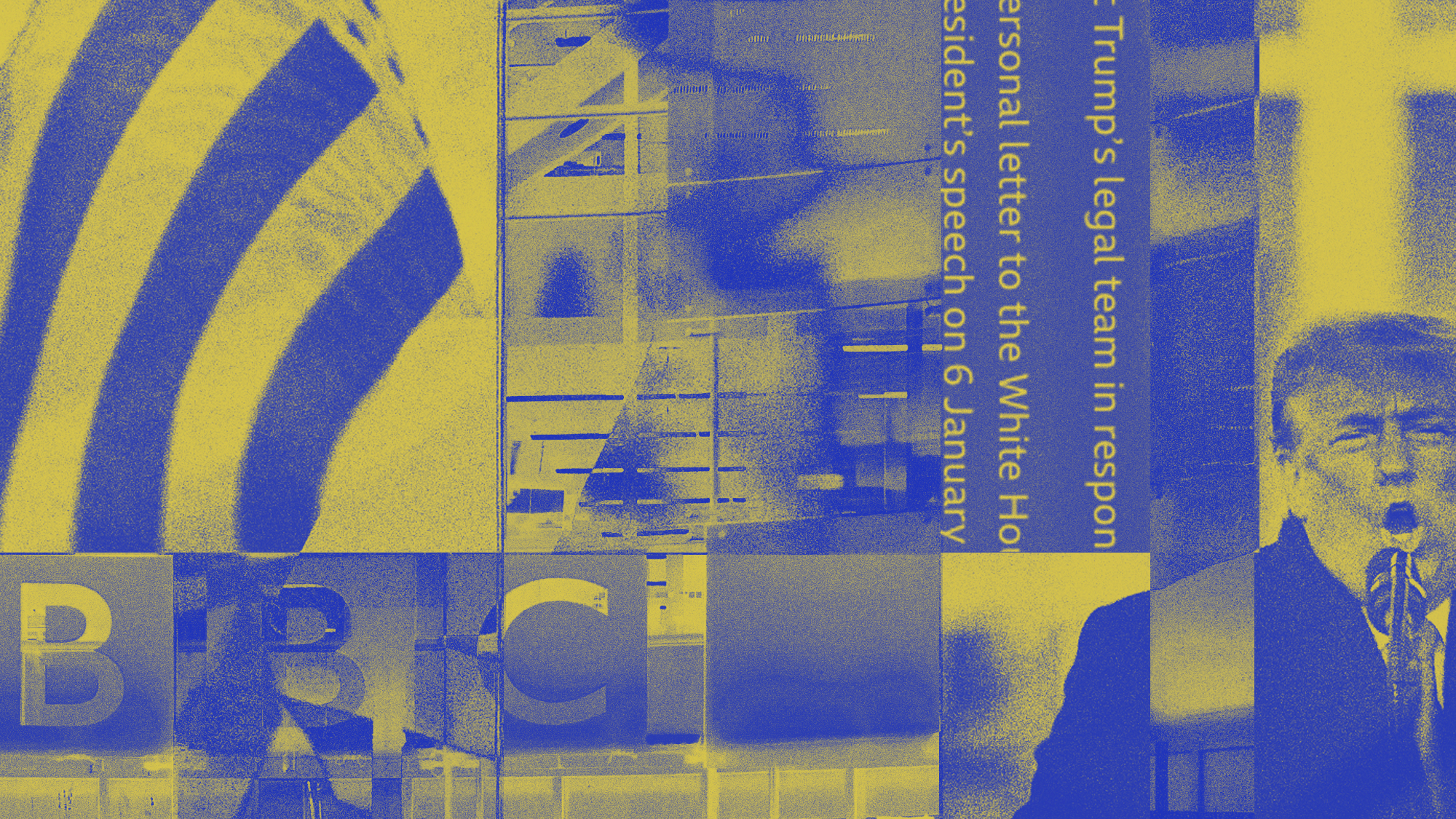 Trump vs. BBC: what’s at stake?
Trump vs. BBC: what’s at stake?The Explainer The US president has filed a $10 billion lawsuit over the editing of Panorama documentary, with the broadcaster vowing to defend itself
-
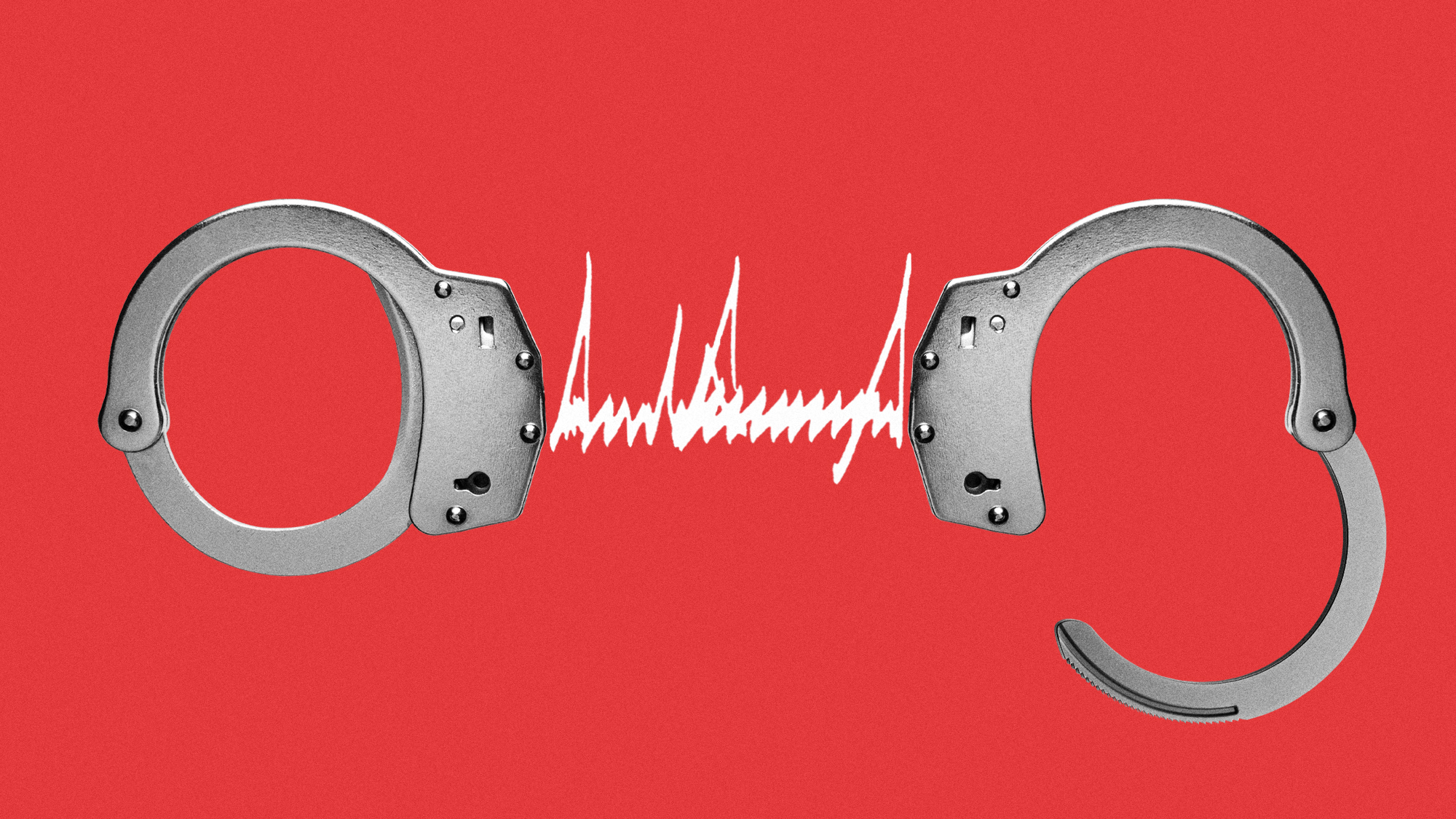 Is it time to rethink the US presidential pardon?
Is it time to rethink the US presidential pardon?Talking Point Donald Trump has taken advantage of his pardon power to reward political allies and protect business associates, say critics
-
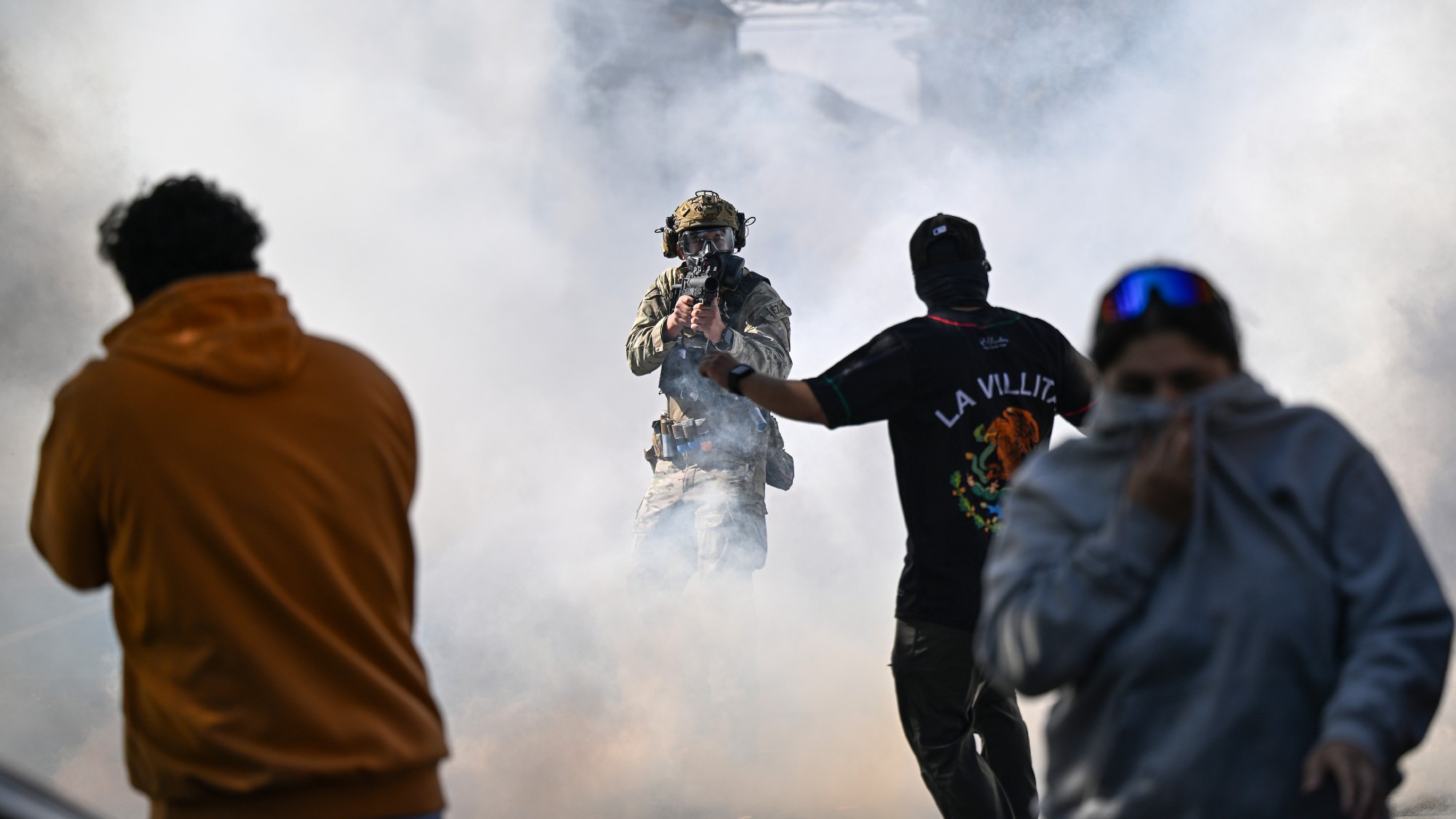 President Trump: ‘waging war’ on Chicago
President Trump: ‘waging war’ on ChicagoTalking Point Federal agents are carrying out ‘increasingly aggressive’ immigration raids – but have sanctuary cities like Chicago brought it on themselves?
-
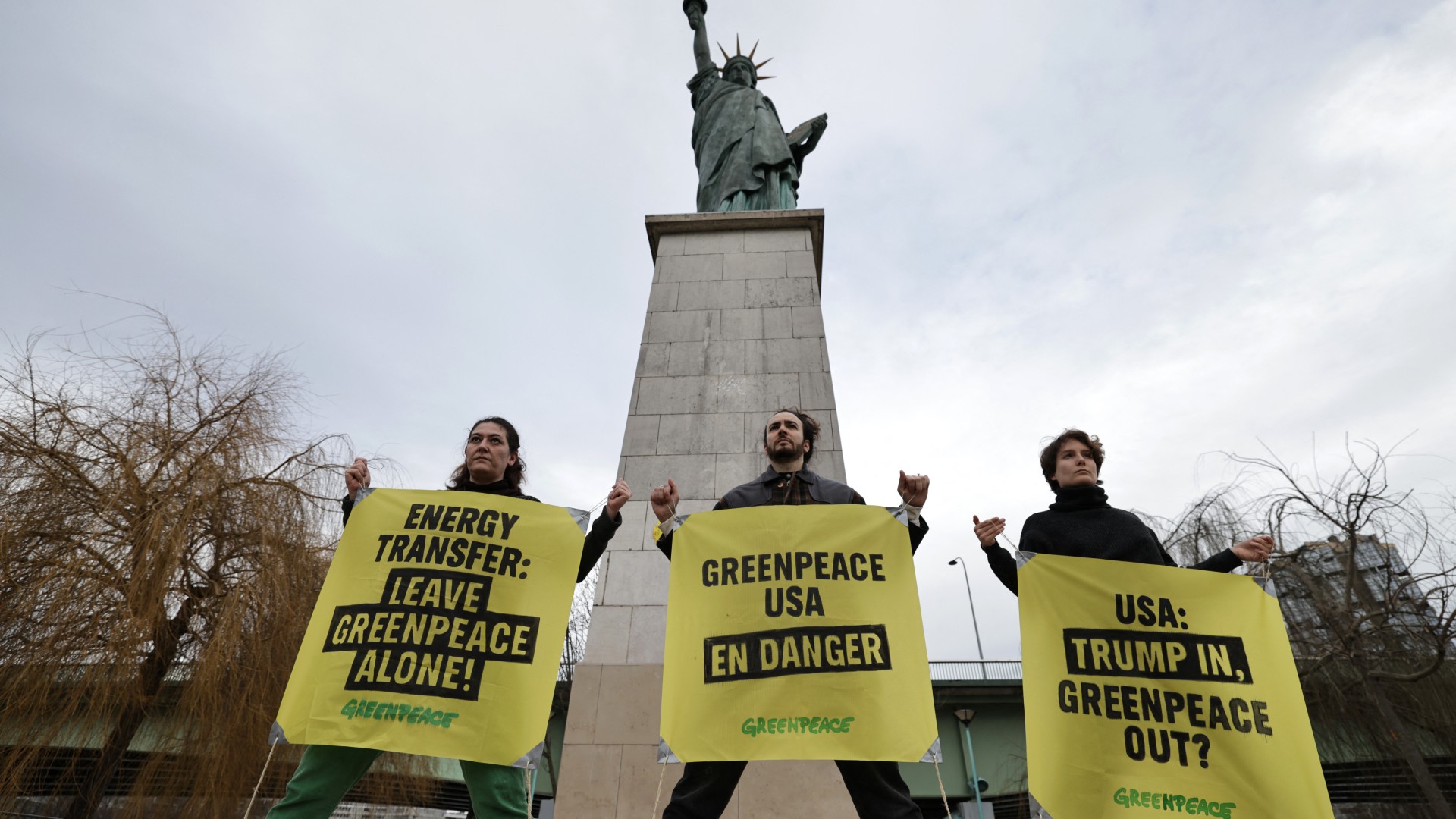 $300M lawsuit against Greenpeace has environmentalists on edge
$300M lawsuit against Greenpeace has environmentalists on edgeIn the spotlight The organization says the future of advocacy and free speech is at risk
-
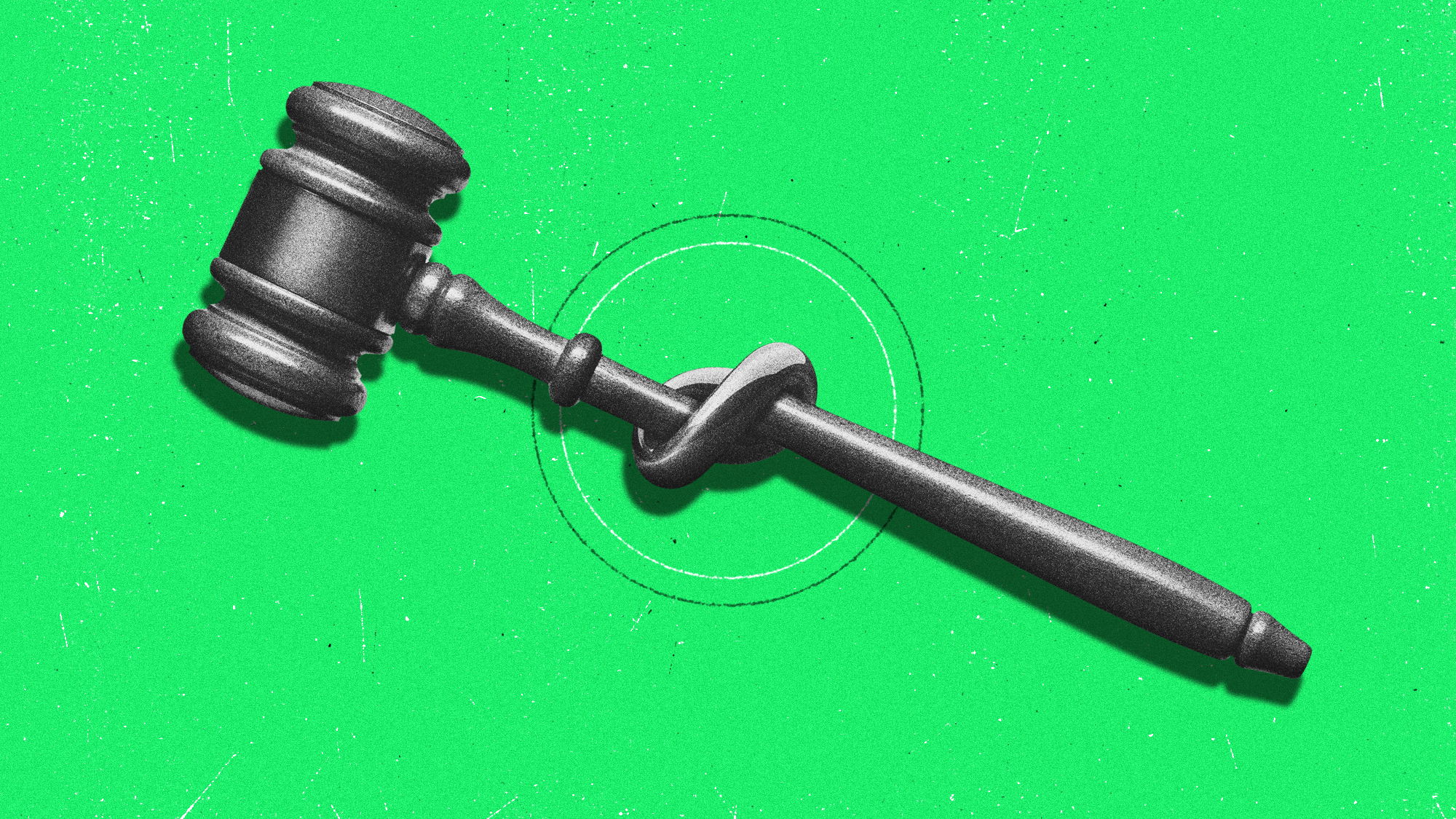 ICC under attack: can court continue to function?
ICC under attack: can court continue to function?Today's Big Question US sanctions 'designed not only to intimidate court officials and staff' but 'also to chill broader cooperation', say rights group
-
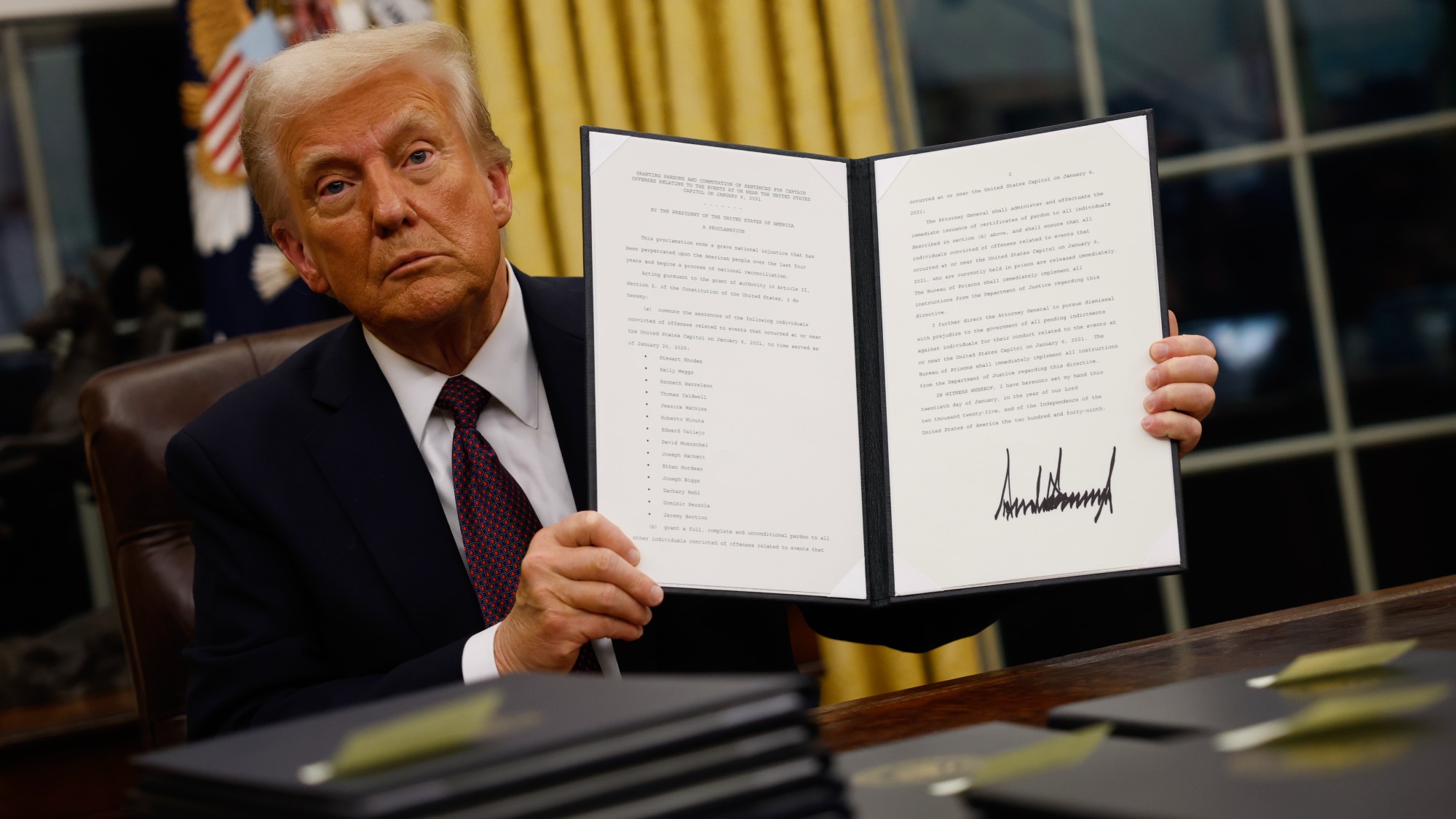 Birthright citizenship under threat in US
Birthright citizenship under threat in USThe Explainer Donald Trump wants to scrap the policy he calls a 'magnet for illegal immigration'
-
 ABC News to pay $15M in Trump defamation suit
ABC News to pay $15M in Trump defamation suitSpeed Read The lawsuit stemmed from George Stephanopoulos' on-air assertion that Trump was found liable for raping writer E. Jean Carroll
-
 Judge blocks Louisiana 10 Commandments law
Judge blocks Louisiana 10 Commandments lawSpeed Read U.S. District Judge John deGravelles ruled that a law ordering schools to display the Ten Commandments in classrooms was unconstitutional
